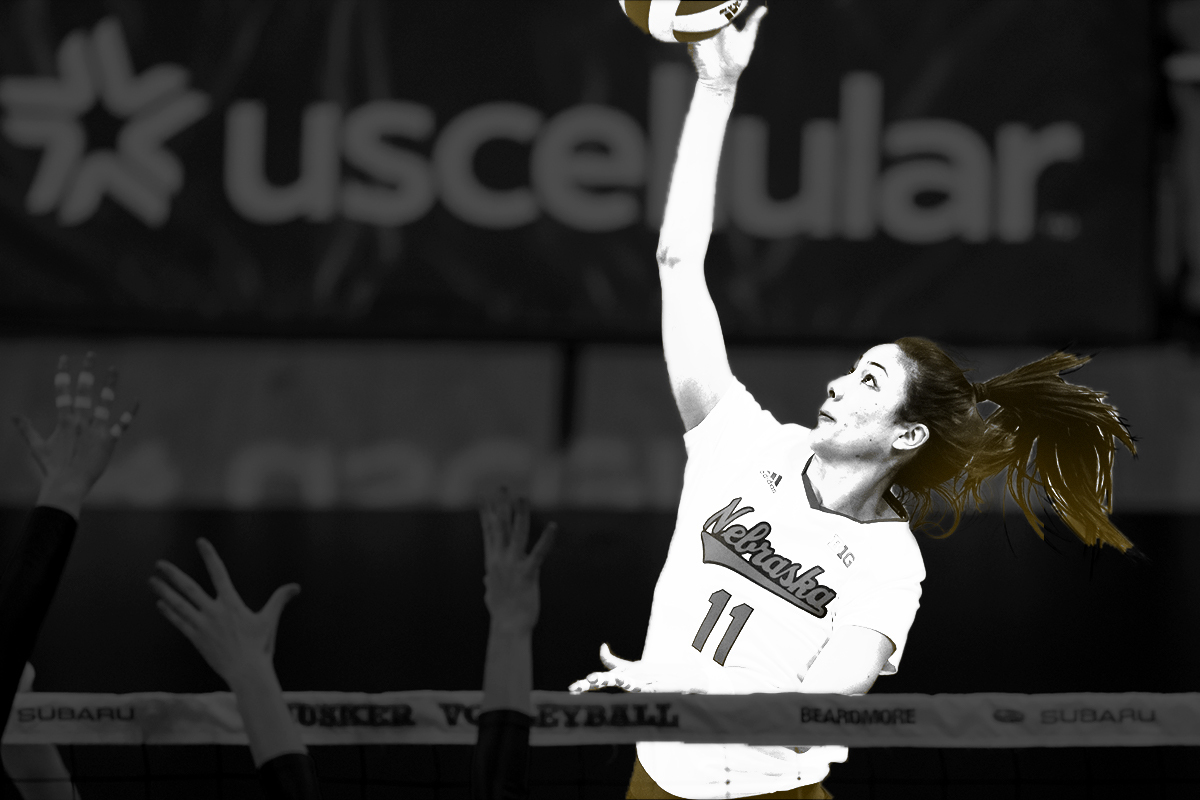A Times Square billboard is flashing the social media accounts of LSU gymnast Olivia Dunn and an announcement about the endorsement deal signed by Fresno State basketball players Haley and Hanna Cavinder.
A fireworks store in Iowa called Boomin Iowa Fireworks hosted Hawkeyes basketball player Jordan Bohannon while he met fans and signed autographs.
At events in Florida, the ink is drying on the contracts that FSU quarterback McKenzie Milton and Miami quarterback D’Eriq King signed to be official co-founders of NIL marketplace, Dreamfield.
After years of advocacy and a week of sleepless nights for many company founders, the name, image, and likeness era finally arrived in NCAA sports at midnight, July 1. And on day one, athletes wasted no time cashing in.
“It’s here today. It is nuts. … It’s like the Super Bowl,” NIL platform MarketPryce co-founder and CEO Jason Bergman told FOS. “It’s like our team is in the Super Bowl because now, it’s like the lights are on, and we’re running a million miles an hour.”
We’ve already seen high-profile deals like Unilever’s commitment to spend $5 million over the next five years signing marketing deals with college athletes to promote Degree deodorant. We’ve seen Arkansas wide receiver Trey Knox (and his husky) signing with PetSmart.
But several trends have emerged in the more creative ways that athletes are profiting.
For starters, athletes like Bohannon and Nebraska volleyball player Lexi Sun have launched their own apparel shops.
“I’ve been working on this fun / happy lil project for some time now and am stoked I get to share it [with] yall,” Sun, who was estimated to make almost $40,000 annually, wrote on Twitter.
The number of athletes dropping apparel surprised Opendorse co-founder and CEO Blake Lawrence, who didn’t think that merchandise — a rather traditional way to make money in sports — would be as popular.
His best guess as to why it’s attractive? “Most student-athletes can see it,” Lawrence told FOS. “It makes sense in their head.”
Here’s a trend that doesn’t surprise him: brands developing deals similar to college campus ambassador programs. Through Opendorse’s platform, GoPuff offered a small social media sponsorship deal to every single college athlete — and already, hundreds have participated.
The deal not only illustrates how brands want to tap into large groups of athletes, but also that they’re interested in athletes playing all sports in all divisions.
It’s not just T-shirts and Instagram posts. Just like NFTs roared to life on the pro stage, they’re already becoming popular for college athletes. King and Milton are selling NFTs on Dreamfield’s platform.
“We’re just extremely excited,” Dreamfield co-founder Luis Pardillo told FOS.
And Skybox, an NFT marketplace, will soon be home to NFTs from Division I football players, basketball players, and future Olympians, according to Derrick Thomas, a former D-I basketball player who created Skybox.
Thomas thinks that NFTs provide an opportunity for athletes to control their own visibility, rather than being “at the whim” of social media algorithms.
“To see this time come is truly remarkable, and truly a dream come true,” Thomas said.
The thousands of deals signed in just the first day of NIL are only the beginning. Jim Cavale, founder and CEO of INFLCR, thinks that the entrepreneurial ventures that athletes launch will be part of the next wave of NIL money-making opportunities.
“The student athletes who take the most initiative are going to be the most successful,” Cavale told FOS.
NIL rights might be just the beginning. One group of current and former athletes are using the spotlight on college sports as an opportunity to demand more rights — from gender equity to mental health services. They used the NIL chaos to launch a nonprofit called the United College Athlete Advocates.
“It really is this perfect storm in our eyes, with the Supreme Court decision, with NIL rolling out,” said former UCLA soccer player Kaiya McCullough, a founder of the UCAA, during a Zoom call. “It feels like the momentum is there.”

![[Subscription Customers Only] Jun 15, 2025; Seattle, Washington, USA; Botafogo owner John Textor inside the stadium before the match during a group stage match of the 2025 FIFA Club World Cup at Lumen Field.](https://frontofficesports.com/wp-content/uploads/2026/02/USATSI_26465842_168416386_lowres-scaled.jpg?quality=100&w=1024)



![[Subscription Customers Only] Jul 13, 2025; East Rutherford, New Jersey, USA; Chelsea FC midfielder Cole Palmer (10) celebrates winning the final of the 2025 FIFA Club World Cup at MetLife Stadium](https://frontofficesports.com/wp-content/uploads/2026/02/USATSI_26636703-scaled-e1770932227605.jpg?quality=100&w=1024)











